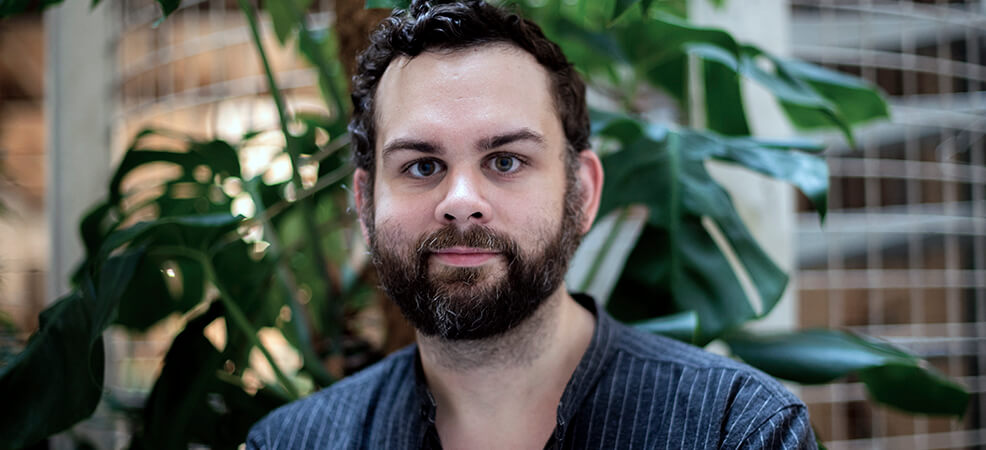After starting as a freelancer in New York, in the aftermath of the financial crisis, growth marketing expert Jacob McPherson moved to Europe to explore freelancing in a completely different world. Today, he tells us how he survived the COVID-19 economic crisis as a freelancer living on a foreign continent.
How did your career as a freelancer start?
After graduating from college in 2010, I moved to New York City, where, given the economic climate, starting out as a freelancer seemed like the easiest way to find work. The start of my career went quite smoothly. After moving to New York, I started freelancing for a company who later hired me out to YouTube where I worked on their music platform as a Music Community Specialist from 2011-2012. Upon completing this project, I continued as a freelancer and worked on various creative projects, including the experiential art space, Wallplay In 2014, I also founded my own company, Cement, which focuses on trend forecasting, editorial content/growth marketing, and art and brand management.
Why did you decide to move to Europe?
Pursuing a postgraduate degree was something I wanted to do after obtaining my Bachelor’s. Since tuition in the U.S. is very high, choosing a one year Master’s programme in Europe felt like a good alternative. In 2016, I was accepted into Utrecht University and ultimately received a Master’s degree in Arts and Society in 2017. After graduating, I decided to move to Brussels (where I’m currently based), and pick up where I left off with Cement.
What was it like to start out as a freelancer in Belgium?
I arrived in Brussels in 2017, and immediately began the process of registering and obtaining a resident card. It took me until April 2018 to get everything sorted, which is when I officially started working as a freelancer. When I started out, I didn’t know much about the Belgian tax system. I wasn’t aware of my duty to file a VAT return every quarter, and received a large fine from the Belgian tax authorities in 2019. I had not realised how different the Belgian system was from the U.S. system. Luckily, I eventually learned everything I needed and I was able to grow my business the right way.
What kind of projects have you worked on in the past 2 years?
In the past two years, I’ve handled projects for Belgian and International clients. This activity includes working on growth marketing, SEO, and digital copywriting for clients like Skipr, Cowboy, and Fixter. In addition, I co-produced a video on Belgian nightlife with Chase, which was supported by the Vlaams Journalistiek Fonds. I’m also a regular contributor to Subbacultcha and previously provided articles for Europavox and The Word Magazine. I’m looking to further explore journalism work surrounding the nightlife economy in the future. I also represent a Brooklyn-based visual artist, Julia Sinelnikova, and am investing more time in building her presence in Europe.
How did the current crisis impact your business?
Just like many other freelance consultants, all of my gigs got canceled when the corona crisis hit. For the first time in years, I found myself with free time on my hands. Although I’m still adapting to this “new reality,” it’s incredible how many resources immediately went online via platforms like Zoom. I started participating in a lecture series from Columbia University called “From the Futures”. The lockdown also gave me the time to take a step back and work on my own brand. Currently, I’m working on relaunching my online magazine called Cement Magazine.
What are your tips for people who want to become self-employed?
First of all, I would advise everyone to do your research before starting out as self-employed, especially if you, like me, are not from Belgium. The tax system is quite complicated and it’s always best to be prepared, so you don’t receive any unexpected fines. I’d also advise you to make sure you set a well-defined day-rate for yourself. If you know what price you need to ask per day, you have a stronger position towards prospects and you know that you cannot go below.
Thank you for sharing your interesting story with us, Jacob! We’re happy that Accountable helps you stay on top of your admin and fiscal deadlines. Would you also like to be a part of our Humans of Accountable series? Let us know by sending us a message at support@accountable.eu!
